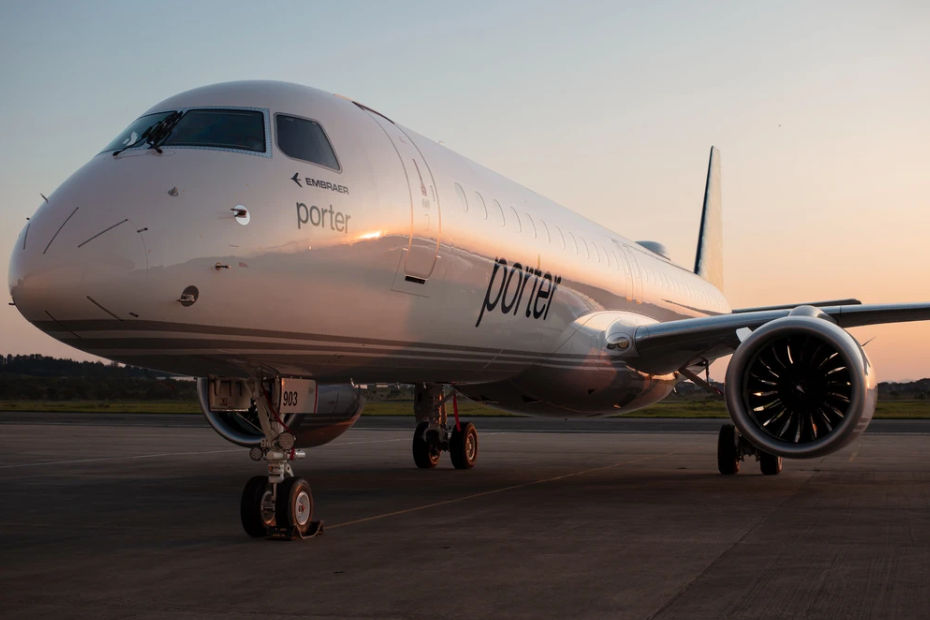ATR Performs Successful Test Flights With 100 Percent Sustainable Aviation Fuel in One Engine
- Joe Breitfeller

- Feb 2, 2022
- 2 min read
ATR has successfully performed a series of ground and flight tests with an ATR 72-600 using 100 percent sustainable aviation fuel (SAF) in one engine. The aircraft was powered by Neste MY SAF produced from 100 percent renewable waste such as cooking oil.

On Wednesday (February 2, 2022), ATR announced the successful completion of a series of ATR 72-600 ground and flight tests with one engine powered by 100 percent sustainable aviation fuel (SAF). The aircraft was powered by Neste MY Sustainable Aviation Fuel™, which was produced from 100 percent renewable waste and residues raw materials such as used cooking oil. The tests were part of the 100 percent SAF certification process for ATR aircraft. In September 2021, ATR announced a collaboration with Neste and Braathens Regional Airlines to help accelerate the certification process.
In today’s announcement, ATR’s Chief Executive Officer, Stefano Bortoli, said,
“As the regional market leader, our aim is to lead the change to decarbonisation. Already emitting 40% less CO2 than similarly-sized regional jets, ATR turboprops are the ideal platform to offer significant advances in the reduction of CO2 emissions. The achievement of this great milestone shows that we are fully committed to making the use of 100% SAF possible and helping our customers meeting their objectives to provide even more sustainable air links – not in 2035 or 2050 but in the coming years.”
SAF is considered one of the key pillars of the aviation industry’s decarbonization strategy, with an immediate impact in reducing CO2 emissions. ATR expects that one of their aircraft flying on a typical regional route with 100 percent SAF in both engines would reduce CO2 emissions by approximately 82 percent.
Celebrating their 40th anniversary in 2021, ATR has reached major milestones including 1,800 aircraft orders and 1,600 deliveries. ATR sees strong potential for growth in regional aviation, including a replacement wave of over 900 turboprops in the 30-50 seat categories. The company’s turboprop aircraft represent the optimal and most sustainable choice for regional deployment at the lowest operating costs, and offer the ability to serve isolated communities living near challenging airfields. Over the last decade, ATR has held 75 percent of the turboprop market and 36 percent of the overall regional aircraft market.
Source: ATR


